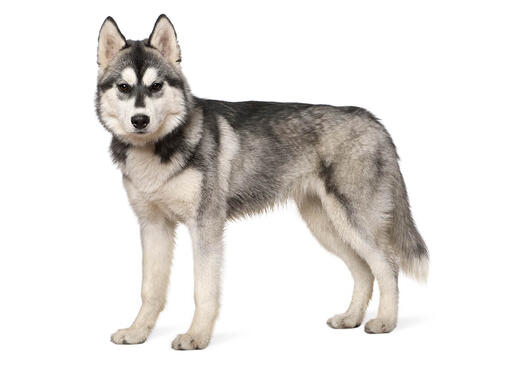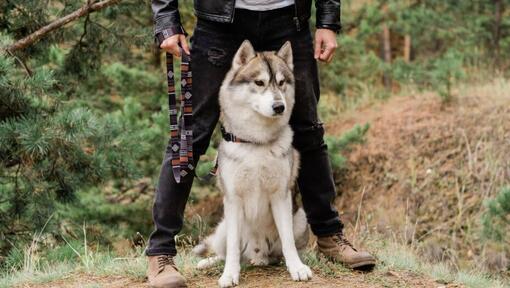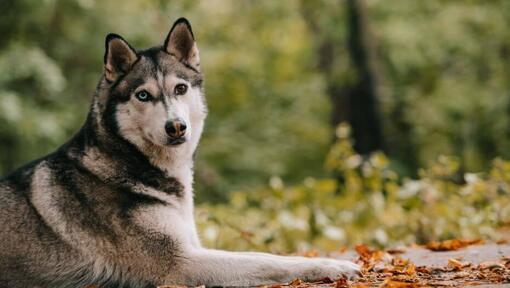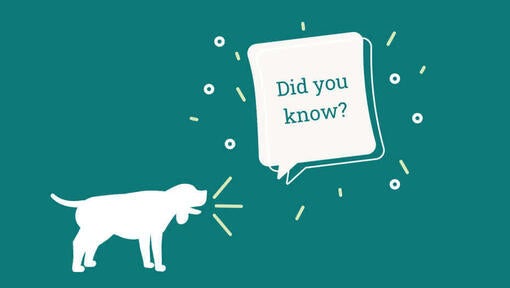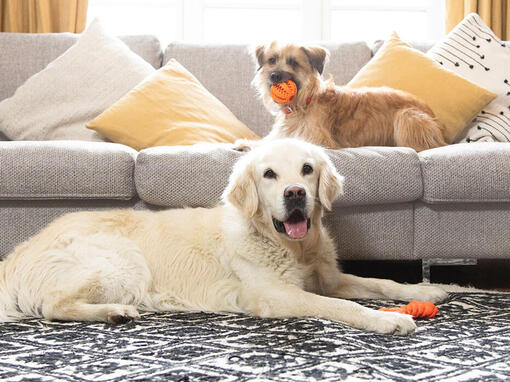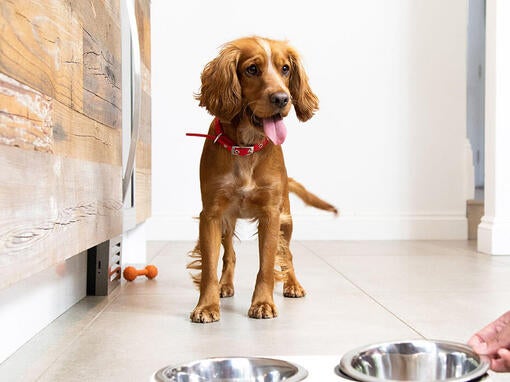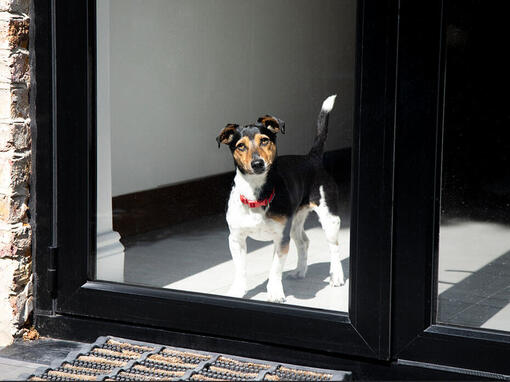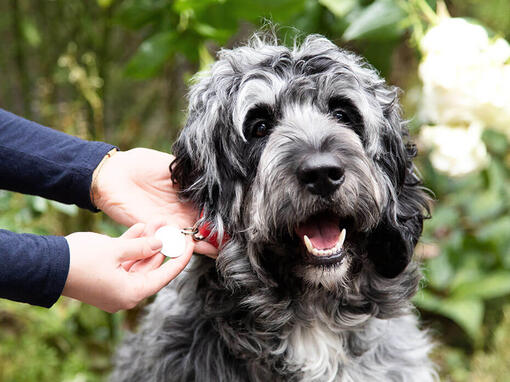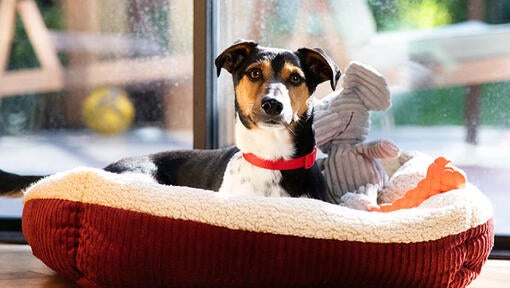History and Origins
Country of Origin: Russia
This is one of the oldest and purest of the northern sled dogs and it’s said that they have been bred in their native Siberia as long as 3000 years ago. To the natives of the area, these dogs were key to their survival and were selectively bred to be able to carry loads over long distances at great speeds. The dogs lived alongside the families and so only non-aggressive dogs that were friendly towards the children were used in this ancient breeding programme - along with only the very best sled dogs.
At the end of the 19th century, word of this ‘super dog’ reached the Americas and in 1909 a team of huskies were sent to take part in an Alaskan sled race - where they easily beat the larger but slower Malamutes who had until then dominated.

